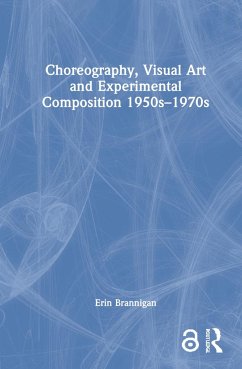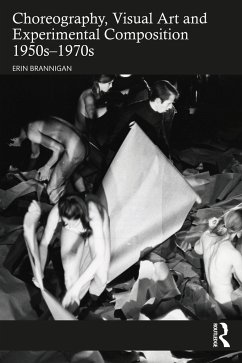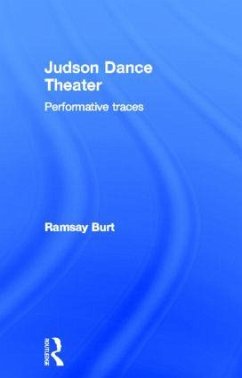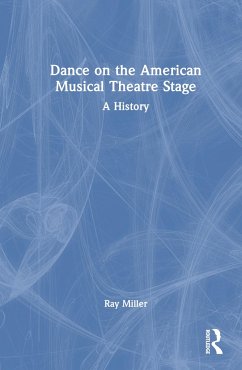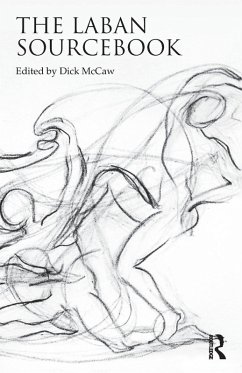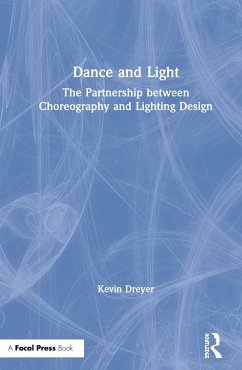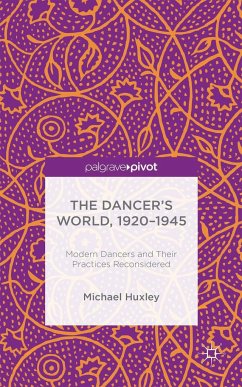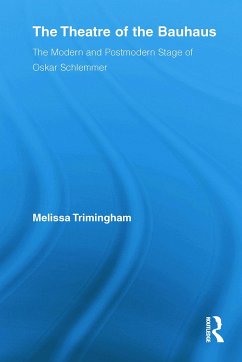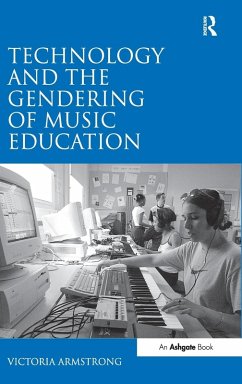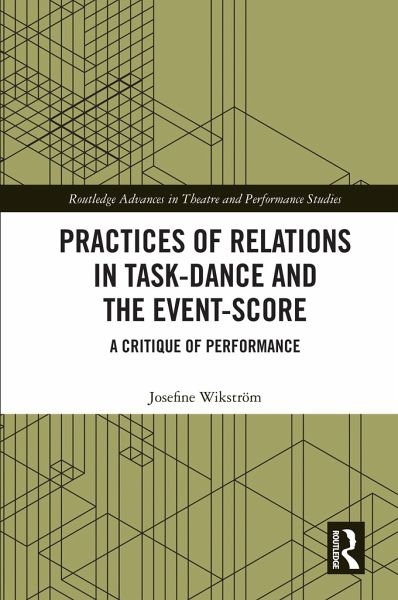
Practices of Relations in Task-Dance and the Event-Score
A Critique of Performance
Versandkostenfrei!
Versandfertig in 1-2 Wochen
167,99 €
inkl. MwSt.
Weitere Ausgaben:

PAYBACK Punkte
84 °P sammeln!
In this study, Josefine Wikström challenges a concept of performance that makes no difference between art and non-art and argues for a new concept. This book confronts and criticises the way in which the dominating concept of performance has been used in art theory and performance and dance studies. Through an analysis of 1960s performance practices, Wikström focuses specifically on task-dance and event-score practices and provides an examination of the key philosophical concepts that are inseparable from such a concept of art and are necessary for the reconstruction of a critical concept of...
In this study, Josefine Wikström challenges a concept of performance that makes no difference between art and non-art and argues for a new concept. This book confronts and criticises the way in which the dominating concept of performance has been used in art theory and performance and dance studies. Through an analysis of 1960s performance practices, Wikström focuses specifically on task-dance and event-score practices and provides an examination of the key philosophical concepts that are inseparable from such a concept of art and are necessary for the reconstruction of a critical concept of performance, such as "practice", "experience", "object", "abstraction" and "structure". This book will be of great interest to scholars, students and practitioners across dance, performance art, aesthetics and art theory.





